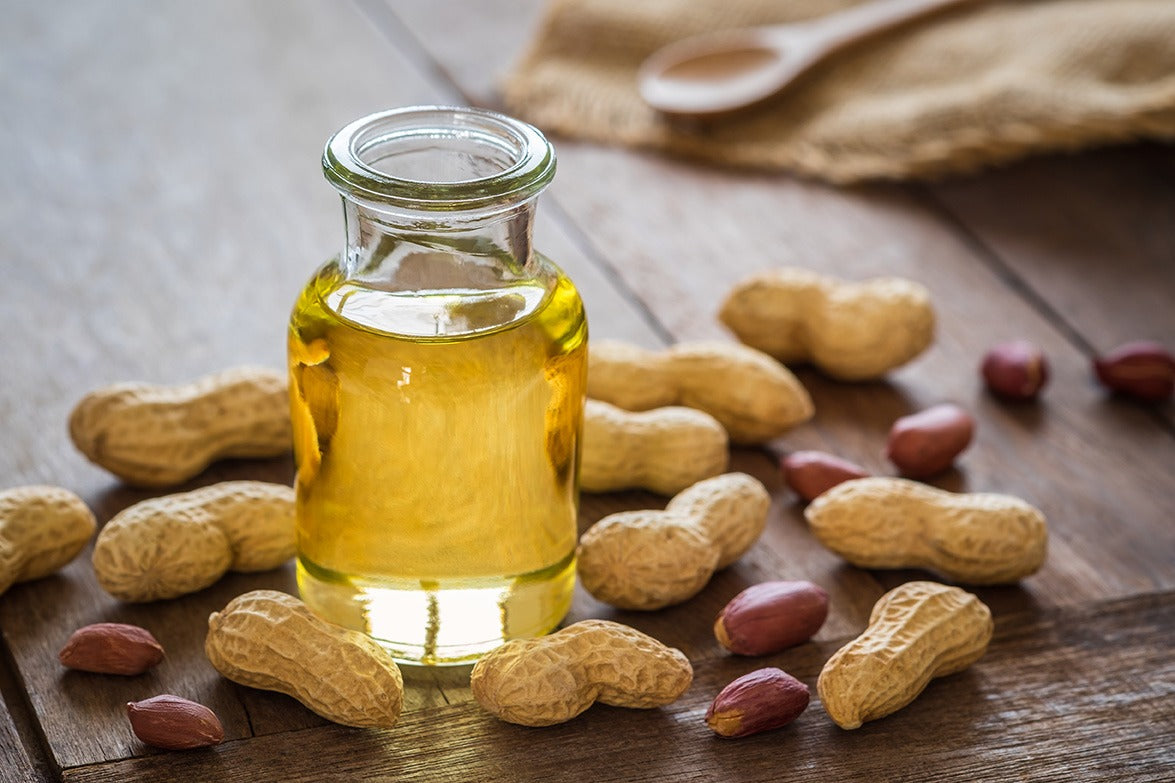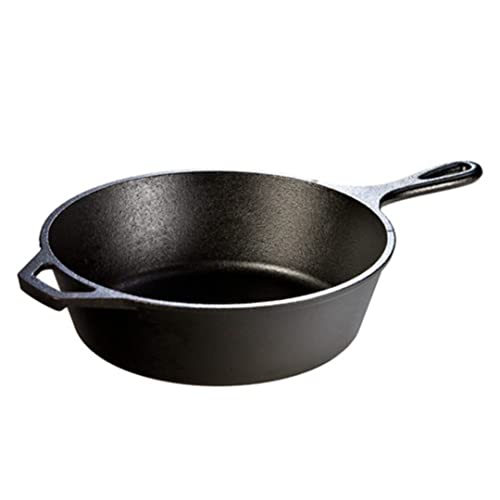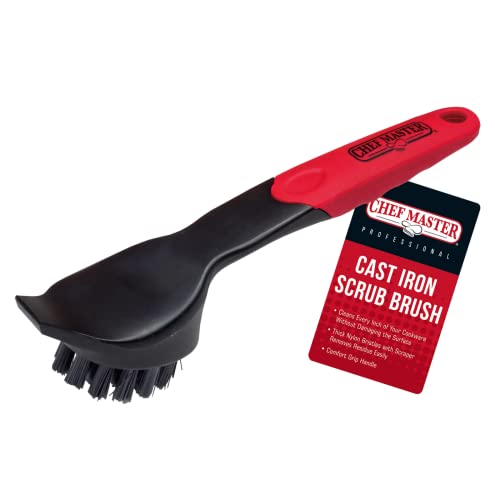When it comes to cooking oils, there are numerous choices available. One that often finds itself at the center of health discussions is peanut oil. How healthy is peanut oil? Is it suitable for everyday cooking? This article dives deep into the nutritional profile, health benefits, and potential risks associated with peanut oil, aiming to provide you with a comprehensive understanding of this popular cooking oil.

Nutritional Profile of Peanut Oil
Peanut oil is rich in monounsaturated fats, which are known for their heart-healthy benefits. A tablespoon of peanut oil contains around 120 calories and 14 grams of fat. Here's a closer look at its nutritional composition:
- Monounsaturated fats: Approximately 50% of peanut oil is composed of monounsaturated fats, particularly oleic acid.
- Polyunsaturated fats: About 30% of peanut oil consists of polyunsaturated fats, including linoleic acid.
- Saturated fats: Peanut oil contains around 20% saturated fats. While these fats are not as beneficial as unsaturated fats, they are present in moderate quantities.
- Vitamin E: Peanut oil is a good source of vitamin E, an antioxidant that helps protect cells from damage.
This nutritional profile suggests that peanut oil can be part of a healthy diet when used in moderation.

Health Benefits of Peanut Oil
The health benefits of peanut oil are primarily attributed to its high content of monounsaturated fats and vitamin E. Here are some significant benefits:
Heart Health
Monounsaturated fats in peanut oil can help reduce bad cholesterol levels (LDL) while increasing good cholesterol levels (HDL). This helps lower the risk of heart disease and stroke.
Anti-Inflammatory Properties
The antioxidants in peanut oil, particularly vitamin E, help combat inflammation, which is linked to various chronic illnesses. Regular consumption of peanut oil may contribute to reducing inflammation in the body.
Boosts Immune System
The vitamin E in peanut oil acts as an antioxidant, which can boost the immune system and help the body fend off infections and diseases.

Potential Risks and Considerations
While peanut oil has several health benefits, it's crucial to be aware of potential risks and considerations:
Allergic Reactions
Peanut oil can cause allergic reactions in individuals with peanut allergies. This is especially true for unrefined peanut oil, which may contain allergenic proteins. Refined peanut oil is generally considered safe for most allergic individuals, but caution is advisable.
High-Calorie Content
While peanut oil has health benefits, it's also high in calories. Regular, excessive consumption can lead to weight gain, counteracting its health benefits.
Oxidation and Shelf Life
Peanut oil can oxidize and become rancid if not stored properly. It's essential to keep it in a cool, dark place and check for any off-smell before using it.

How to Incorporate Peanut Oil into Your Diet
Now that you understand the pros and cons of peanut oil, here are some tips on incorporating it into your diet:
Cooking and Frying
Peanut oil has a high smoke point, making it ideal for frying, sauting, and stir-frying. Its neutral flavor allows it to blend well with various recipes.
Salad Dressings
You can use peanut oil to prepare delicious salad dressings. Combine it with balsamic vinegar, mustard, and herbs for a healthy dressing.
Baking
Peanut oil can be used as a substitute for other oils or butter in baking. It can add a subtle nutty flavor to your baked goods.
Comparing Peanut Oil with Other Oils
How does peanut oil stack up against other common cooking oils? Let's take a quick comparison:
Peanut Oil vs. Olive Oil
Both oils are rich in monounsaturated fats. However, olive oil contains more antioxidants and has been extensively studied for its heart-health benefits. Learn more about olive oil benefits.
Peanut Oil vs. Canola Oil
Canola oil has a higher content of omega-3 fatty acids. While both oils are suitable for cooking, canola oil may have a slight edge due to its omega-3 content. Discover the benefits of canola oil.
Peanut Oil vs. Coconut Oil
Coconut oil is high in saturated fats, whereas peanut oil has a balanced fat profile. Peanut oil might be a better choice for heart health. Compare with coconut oil uses.
For more information on the comparisons and health benefits of oils, you can visit Healthline. Additionally, ensure your kitchen is clean and safe for cooking by following the best practices for cleaning a commercial kitchen.
FAQ
Is peanut oil safe for daily use?
Yes, peanut oil is safe in moderate amounts, but excessive use can lead to high caloric intake.
Can I use peanut oil if I have a peanut allergy?
It's best to avoid peanut oil if you have a peanut allergy, especially unrefined varieties.
What is the best way to store peanut oil?
Store peanut oil in a cool, dark place to prevent oxidation and rancidity.
As an Amazon Associate, I earn from qualifying purchases.
As an Amazon Associate, I earn from qualifying purchases.






Leave a comment
This site is protected by hCaptcha and the hCaptcha Privacy Policy and Terms of Service apply.